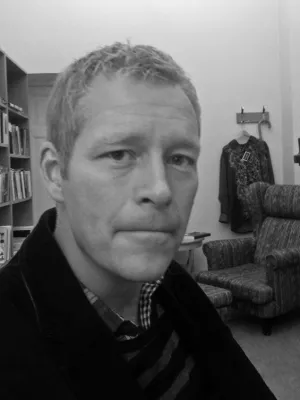
Axel Fredholm
Senior Lecturer | Director of Studies

Avoiding the counterfactuals: Research design in assesing the impact of agricultural research
Author
Summary, in English
Two things strike the eye in the literature and debate on the impact of agricultural research. Firstly, it is not unsurprisingly dominated by economists using cost-benefit analysis. Secondly and more surprisingly, much space is devoted to the discussion of counterfactuals, i.e. by an argument of the type: “If this research had not been made, yield development (or whatever indicator) would have been less than it currently is.” Counterfactuals are shunned by historians but crop up in the literature on impact assessment for a simple reason, viz. that assessment is made ex post and without careful benchmarking having been done ex ante. This paper argues that historians are right, that counterfactual arguments in principle are dubious, at least in social impact assessment and that alternative research designs, more useful for causal attribution should be aimed for.
In the first section follows a review of previous CGIAR work in impact assessment and a general methodological discussion. This is followed by a review of the methodologies, first for social impact assessment followed by an examination of environmental indicators. In the concluding section we propose a selection of case studies in which it would be possible to apply the methods and indicators suggested.
In the first section follows a review of previous CGIAR work in impact assessment and a general methodological discussion. This is followed by a review of the methodologies, first for social impact assessment followed by an examination of environmental indicators. In the concluding section we propose a selection of case studies in which it would be possible to apply the methods and indicators suggested.
Department/s
- Sociology
- Evolutionary ecology
Publishing year
2009
Language
English
Links
Document type
Report
Publisher
Independent Science & Partnership Council of the CGIAR, Standing Panel on Impact Assessment (SPIA)
Topic
- Other Agricultural Sciences not elsewhere specified
- Sociology (excluding Social Work, Social Psychology and Social Anthropology)
Status
Published

